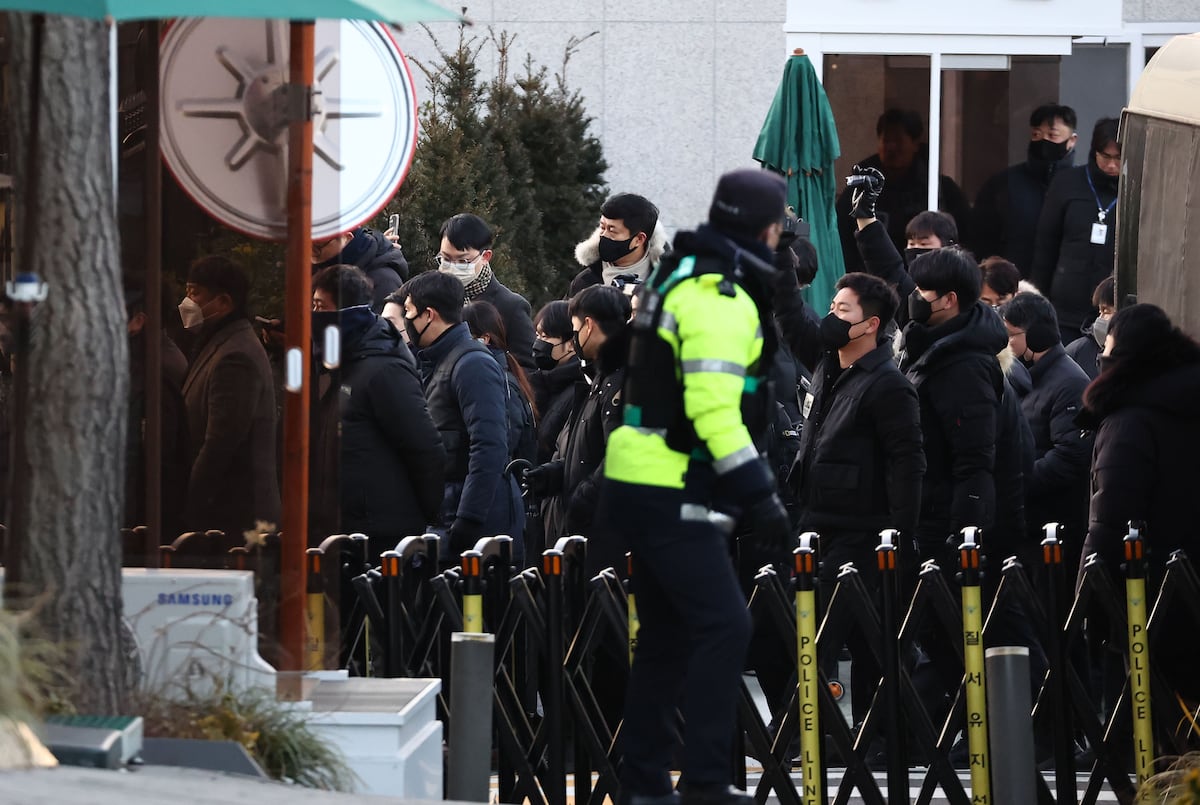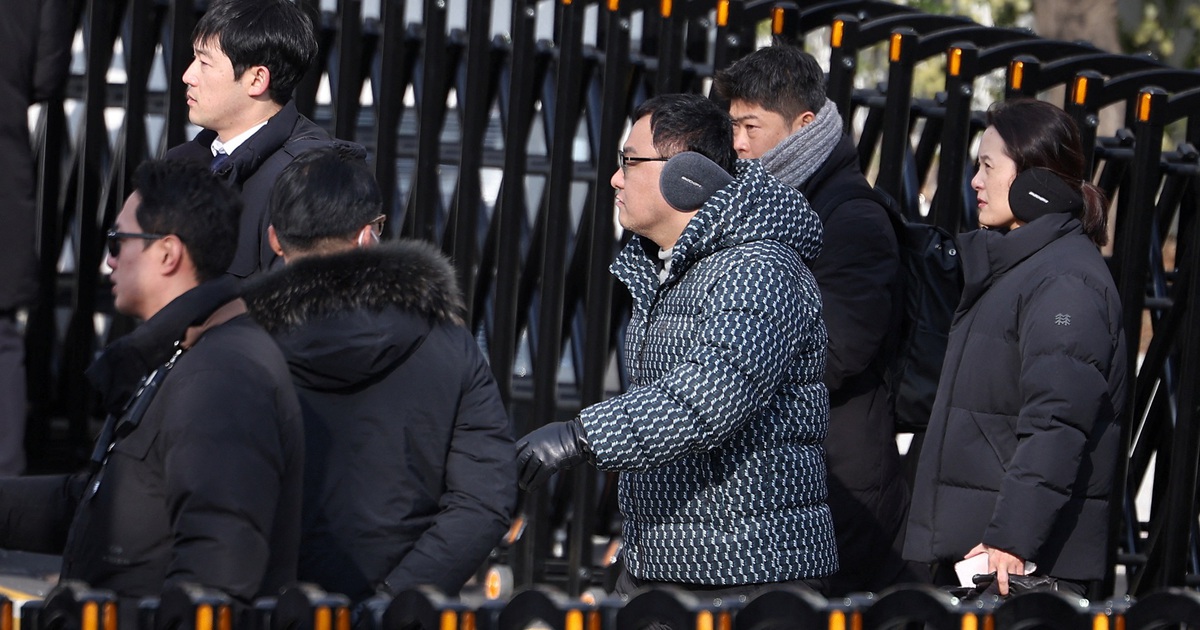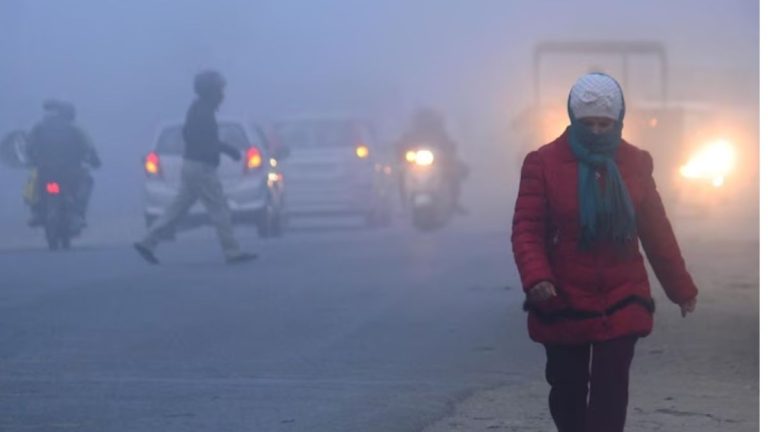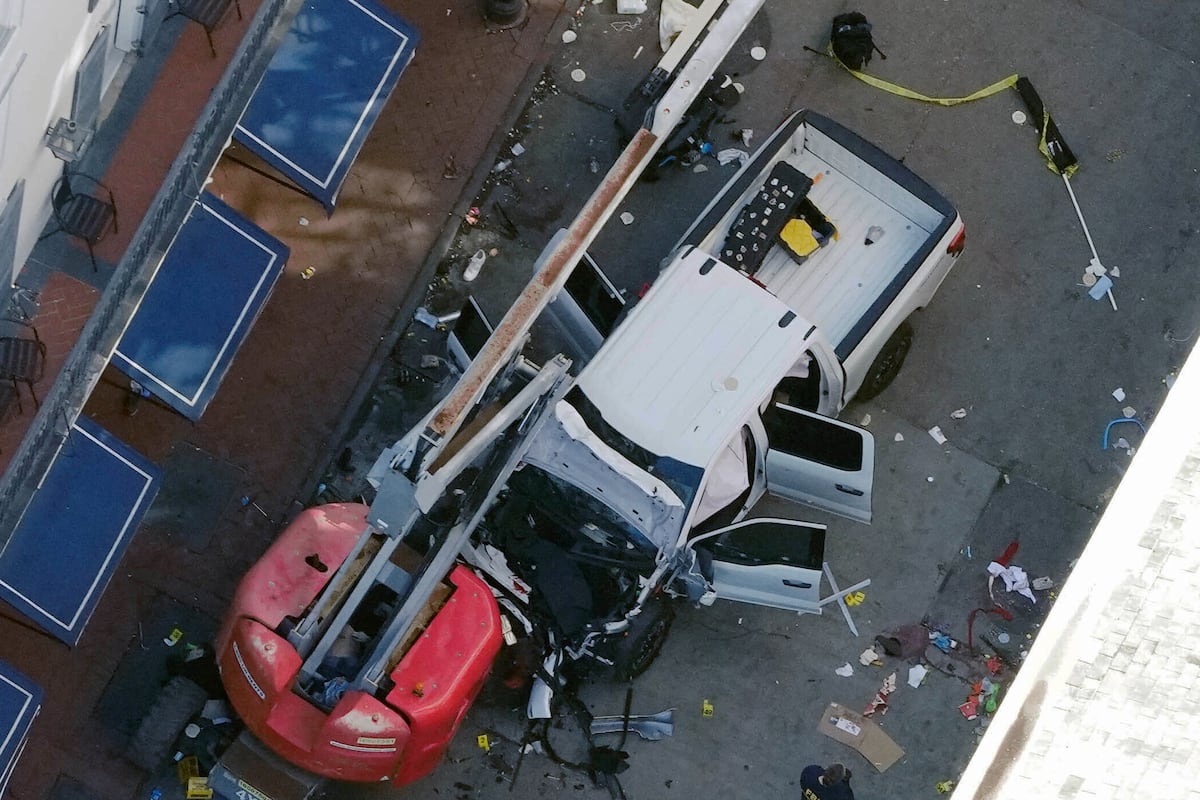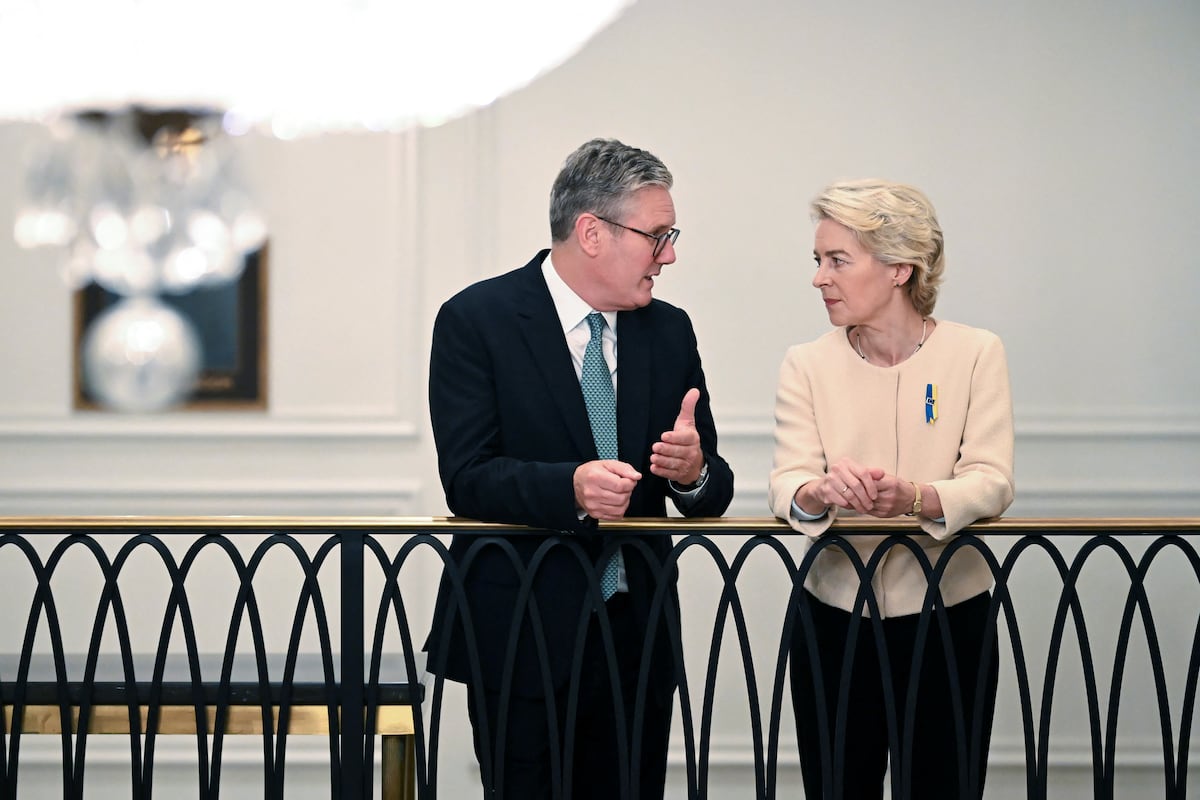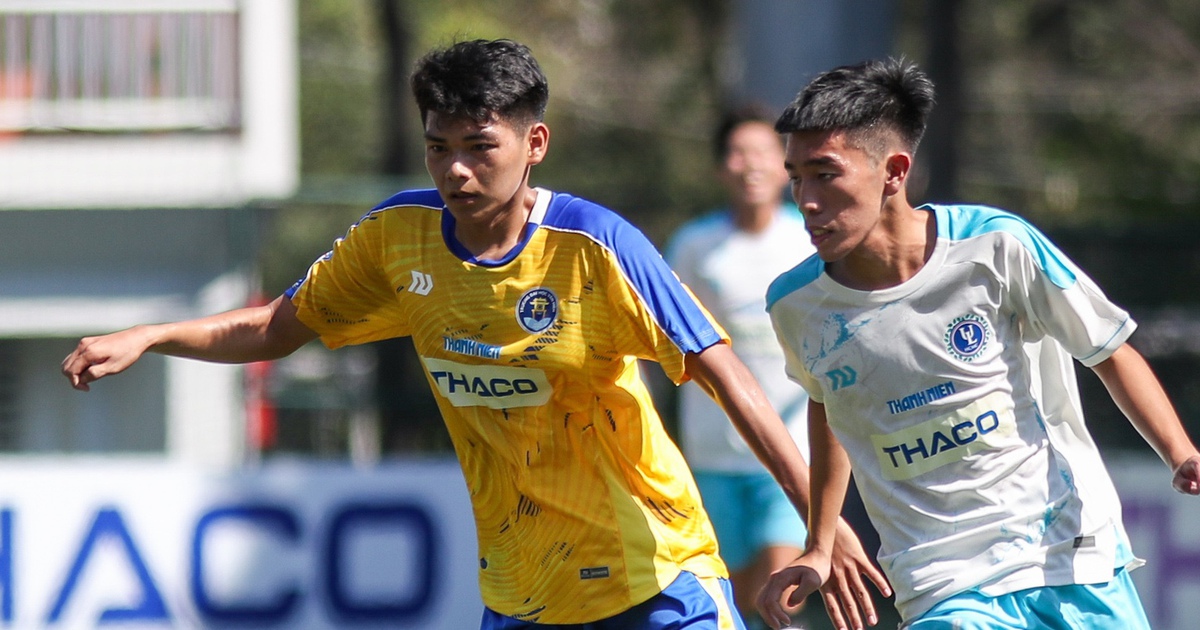South Korea’s anti-corruption agency attempted this Friday to execute the arrest warrant for President Yoon Suk-yeol, who has been suspended from office since December 14 following his brief imposition of martial law at the beginning of last month. Although investigators in charge of the operation managed to avoid the president’s supporters who were protesting outside the presidential residence, the presidential security service has prevented them from advancing inside the complex, according to a police official quoted by the news agency. Yonhap. The Office for Corruption Investigations of High-ranking Officials (CIO), which on Tuesday received approval from a Seoul court to proceed with the arrest, has stopped the execution of the order, it has been announced. Yonhap at 1:30 p.m. in Seoul (5:30 a.m. Spanish peninsular time), and has announced that it is reviewing the next steps to follow. The South Korean leader is accused of planning the failed declaration of the extreme measure, orchestrating an insurrection and abusing his power.
Although arrest warrants are typically executed quickly once issued, the CIO has been carefully studying how and when to proceed with the arrest, given that the target is a sitting leader. It is the first time in the democratic history of the country in which this situation occurs. More than 1,000 supporters of President Yoon have gathered near his home while CIO officials tried to arrest him, according to Yonhap. The police have deployed some 2,700 troops to avoid possible clashes.
In addition to the arrest warrant – which expires next Monday – the Seoul Western District Court issued another to search the presidential residence, establishing an exception to laws that restrict investigating places with military secrets without consent, as well as the seizure of official secrets. The security service had previously blocked investigators to prevent a raid on the presidential office for these same reasons.
Oh Dong-woon, director of the CIO, on Wednesday urged the Presidential Security Service to cooperate and warned that any attempt to block the execution of court orders could be considered dereliction of duty and obstruction of public office. When the verdict of the Seoul court was announced on Tuesday, Yoon’s legal representatives assured that these orders were “illegal and invalid,” while the presidential guard announced that they would take “security measures.”
The CIO plans to transfer Yoon to its headquarters in Gwacheon, south of Seoul, for interrogation before booking him into the Seoul detention center in Uiwang, near the aforementioned offices. Once detained, the CIO will have 48 hours to request another formal arrest warrant allowing for prolonged detention or must release you.
On Wednesday night, Yoon promised in a message to a group of supporters gathered in front of his residence that he would “fight until the end to protect the country,” according to his lawyer Seok Dong-hyeon. “Due to internal and external forces that infringe our sovereignty and the activities of anti-state groups, South Korea is in danger,” said the South Korean leader. The message, written on an A4 sheet and signed by Yoon himself, was delivered to the protesters through an intermediary, reports the aforementioned Yonhap news agency. The opposition has harshly criticized his words and accused him of inciting an uprising and mobilizing the extreme right to prevent his arrest.
The attempted arrest comes a few days after the acting president, Choi Sang-mok, approved the appointment of two of the three judges who must fill the vacant seats of the Constitutional Court. “I decided to appoint the judges due to the need to end political uncertainty and social conflict as soon as possible, and to avoid a possible economic crisis,” announced Choi, also Minister of Finance. The chosen lawyers are a candidate proposed by the ruling People’s Power Party (PPP) and another by the main opposition force, the Democratic Party (PD). The third seat will remain empty until both sides reach an agreement.
South Korea’s highest court must conclude before June whether or not Yoon violated the Constitution by declaring a state of emergency and whether it makes his dismissal definitive. Under the law, at least six votes are needed to ratify a recall motion, so the appointment of two additional justices could increase the chances of it being confirmed.
The declaration of martial law for the first time since 1980 has caused a political earthquake in Seoul that is further straining relations between the two main parties, the liberal PD and the conservative PPP, which are immersed in a new and intense battle. After the impeachment motion against Yoon passed, Prime Minister Han Duck-soon replaced him. However, Han was removed from his duties last Friday, also under the motion process, accused of being an “accomplice” of the president, for refusing to approve precisely the appointments to the Constitutional Court.
The interim leader’s decision has not been well received within his own party, which now accuses him of exceeding his authority as a substitute and giving in to pressure and threats from the opposition. The PD had already warned that it would also move forward with an impeachment motion against Choi if he did not proceed with the appointments. Several of Yoon’s senior advisors have resigned after hearing the news, according to the presidential office.
South Korea, which is considered one of the strongest democracies in Asia, has been mired in uncertainty since, on the night of December 3, its president surprised the world by declaring martial law. The president justified the decision by accusing the opposition of controlling Parliament, engaging in anti-state activities and sympathizing with North Korea. But the measure was immediately met with the majority rejection of opposition politicians and his own party. Parliament managed to put an end to it in the following hours thanks to an extraordinary vote held at dawn while the military, who were carrying out orders from the head of state, tried to access the chamber and interrupt the session. In the days that followed, citizens took to the streets with numerous protests, while the opposition tried to force Yoon’s fall and the government tried to control the storm. The initiative to overthrow the head of state went ahead on the second attempt, after his party boycotted the first vote.

